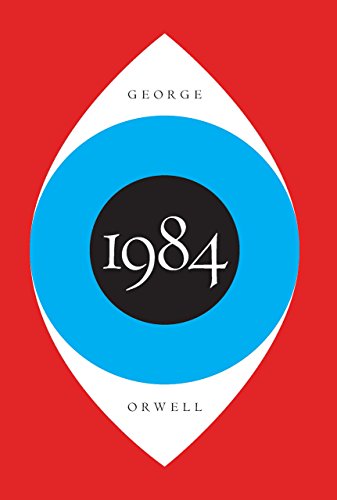Overview of 1984 by George Orwell Link to heading
Summary Link to heading
1984 is a dystopian novel set in a totalitarian state where the Party, led by Big Brother, exercises absolute control over the citizens of Oceania. The narrative follows Winston Smith, a Party member who works at the Ministry of Truth, where he alters historical records to fit the Party’s propaganda. The society depicted is one of constant surveillance, with the Thought Police ensuring that dissent is eradicated. Themes of the novel include the dangers of totalitarianism, the manipulation of truth and information, and the loss of individuality. As Winston becomes disillusioned with the regime, he engages in a forbidden love affair and begins to seek rebellion, only to face betrayal and the terrifying power of the Party.
Review Link to heading
1984 is widely regarded as a cornerstone of dystopian literature, praised for its insightful critique of totalitarian regimes and the mechanisms through which they maintain power. Orwell’s bleak portrayal of a society stripped of freedom and truth has resonated through the decades, often cited in discussions about privacy, censorship, and state surveillance. Its strengths lie in its vivid world-building and the compelling, though grim, exploration of what happens when authority goes unchecked. Some critiques may arise from its heavy-handed themes and the depressing inevitability of its conclusion, which leaves little room for hope.
Key Takeaways Link to heading
- Surveillance and Control: The omnipresence of Big Brother serves as a cautionary tale about the potential for surveillance technologies to be used for oppressive control.
- Manipulation of Truth: The concept of “doublethink” and the alteration of historical records highlight the fragility of truth in the hands of those in power.
- Individual vs. State: Winston’s struggle emphasizes the tension between personal freedom and authoritarian demands.
- Psychological Manipulation: The novel explores how fear, propaganda, and psychological control diminish resistance and individuality.
Recommendation Link to heading
1984 is essential reading for anyone interested in political science, history, and literature, particularly those concerned with issues of privacy, government power, and freedom. It offers thought-provoking insights into the potential consequences of unchecked authority and remains relevant in contemporary discussions around state control and the erosion of civil liberties.
